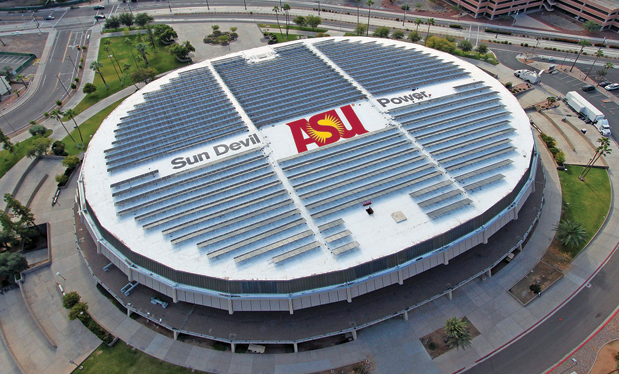Sen. Al Franken (D-Minn.), who is up for re-election this year, won his first race in 2008 by a margin of 312 votes out of 2,885,555. Franken went on to vote for the Affordable Care Act ("Obamacare"), which likely would not have survived a Senate filibuster without Franken's vote. And who says elections don't matter?
In Luxembourg, voting is compulsory, and the voter turnout, not surprisingly, is greater than 70 percent. Eligible citizens who fail to vote face fines of 100-250 euros ($130-$325) for the first missed vote and 500-1,000 euros ($650-$1,300) thereafter. In fact, 22 countries have compulsory voting laws, and about half actually enforce them.
Closer to home, in Los Angeles, the City Ethics Commission (yes, there is such a thing) is urging the City Council to consider ways to pay people to vote. Because voter turnout is so low, the argument goes, providing incentives will surely help the cause of democracy.
This year, politicians are being counseled to energize their base, which means focusing on issues important to voters who are most likely to support them or their party in general. So we've seen countless ads portraying candidates as being harmful to one group of people or another—women, say, or the poor or "working families" as though families that include people who work are somehow unique. All this is intended to make sure people are engaged and energized enough to show up at the polls on Election Day. The expectation is voter turnout this year will be somewhere between 35 and 40 percent of eligible voters, so energized voters will matter.
Of course, it shouldn't be that way. We should all take our civic responsibilities more seriously. We should feel as proud to vote as the Iraqis who, just a few years ago, voted for the first time in their lives and proudly displayed the ink from the fingerprints they were required to proffer. But we don't because it's far too easy to succumb to the cynicism and frustration we all feel no matter which candidates or party we support.
The direction the country takes for at least the next two years will be decided by perhaps 10 races for seats in the U.S. Senate and 50 seats in the U.S. House of Representatives. There are good arguments to be made for changing the way House districts are established and revisiting the way primary campaigns are conducted. Those arguments undoubtedly will be heard in the coming months and years.
But for the moment, the elections this month will matter—a lot. So make sure you vote. Make sure others in your family vote. Make sure your employees and co-workers vote. And be especially proud you weren't paid—or compelled—to exercise the most sacred of all our rights.
Bill Good is NRCA's executive vice president.



